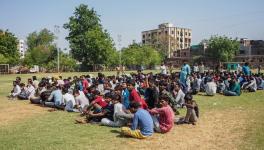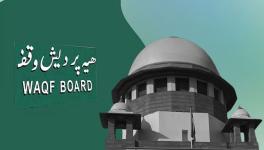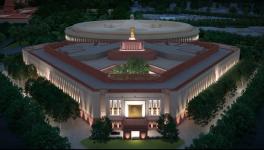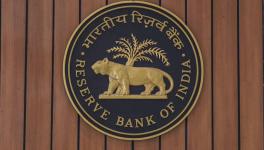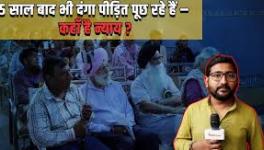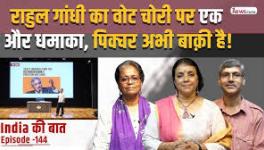When the ‘Underground’ Speaks
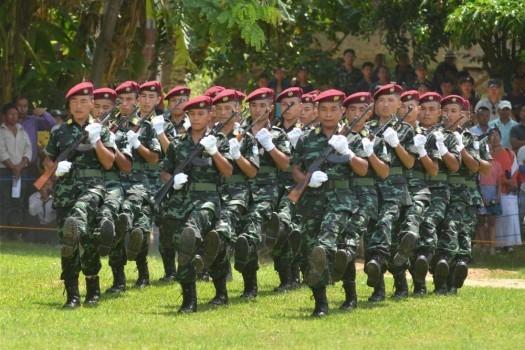
Image Courtesy: Outlook India
On January 23, the National Socialist Council of Nagaland (Isak Muivah) (NSCN(IM)) in an email to The Telegraph finally broke its silence on the issue of ‘solution before the election’. The insurgent group categorically stated that holding the election would ‘undermine’ the ongoing talks between them and the Union Government. The statement also mentioned that those advocating the election ‘do not stand for the interest of the Naga people.’ This statement is in line with the stance taken by several Naga Nationalist Political Groups (NNPGs), as well as the Nagaland Legislator’s Forum resolution in which the deferment of the elections was demanded. In some of the demands submitted to the Union Home Ministry and the PMO, the groups even stated that President’s Rule would be a better option.
That the Union Government is determined to hold elections in Nagaland, despite the ongoing talks with no final resolution in sight, says a lot. First and foremost, it betrays that the BJP is committed only to winning elections at any cost. The cost in the case of Nagaland is the breakdown of talks, and the talks have been in progress since 1997. However, it is highly unlikely that Thuingaleng Muivah would seriously consider returning to the jungle to wage war once again. India’s relations with Bangladesh have warmed to the extent that Bangladesh has been active in denying sanctuary to Northeast militants. In Myanmar, the rival faction of the NSCN(IM), the NSCN(K) controls the Naga regions in the Sagaing Division and is in an agreement with the Government of Myanmar. Another problem facing Muivah is that after the death of Isak Chishi Swu, he is the only other leader of stature who can claim to have fought for the Naga cause from the start. Anthony Ningkhan Shimray could be an option, however, since he had been arrested on weapons smuggling charges, there may be some opposition to his candidature to the top post, even though he has been appointed the Commander-in-Chief of the ‘Naga Army’ of the NSCN(IM). If the talks were to fail and the war to resume, the problem of succession arises.
The other faction has successfully seen to the succession of Khango Konyak after the death of Shangwang Shangyu Khaplang. What makes the choice more interesting is that Konyak belongs to the Konyak Naga tribe whose members inhabit Arunachal Pradesh, Assam and Nagaland. Whereas Muivah is a Tangkhul Naga, a Naga tribe that lives in Manipur and Myanmar, but not in Nagaland. This has been an impediment in the past when several factions broke away from the NSCN(IM) primarily on the issue of ‘Tangkhuls controlling all the top posts’.
In this background, it is imperative for Muivah to not only ensure that the talks do not get derailed but also to ensure that the solution keeps all Naga stakeholders happy. The Union Government probably knows the issues facing the octogenarian leader, and hence assumes that they can bulldoze the elections and the Final Agreement. The problem will arise if the Final Agreement will not be to everyone’s liking. On one hand, if the Nagas feel slighted, the NSCN(K)’s ranks may swell with new recruits from the NSCN(IM). If the other states feel slighted by way of losing territory, the Union Government, specifically the BJP, will face the heat. This becomes more apparent as all the states that have a stake in the Naga Agreement are ruled by the BJP; Arunachal Pradesh, Assam and Manipur.
Get the latest reports & analysis with people's perspective on Protests, movements & deep analytical videos, discussions of the current affairs in your Telegram app. Subscribe to NewsClick's Telegram channel & get Real-Time updates on stories, as they get published on our website.











